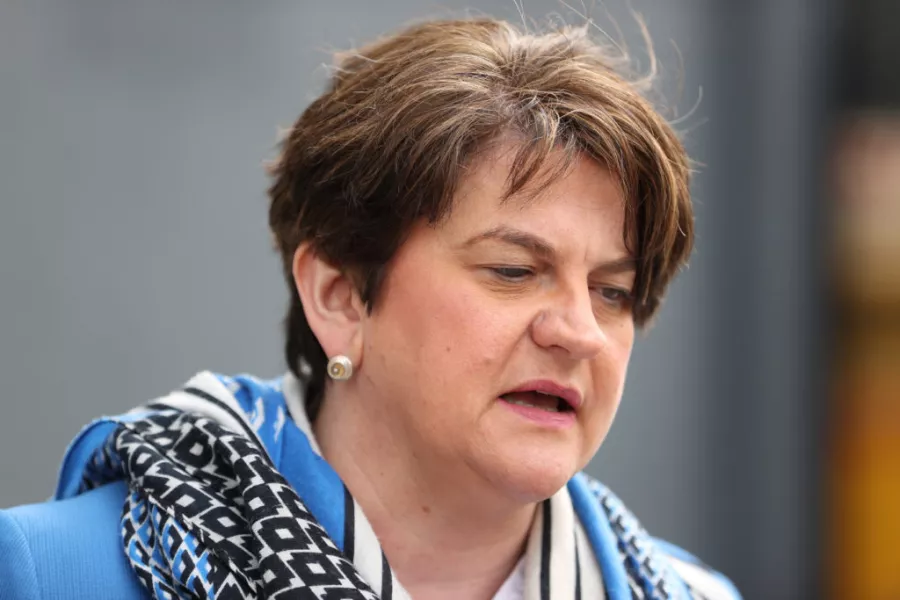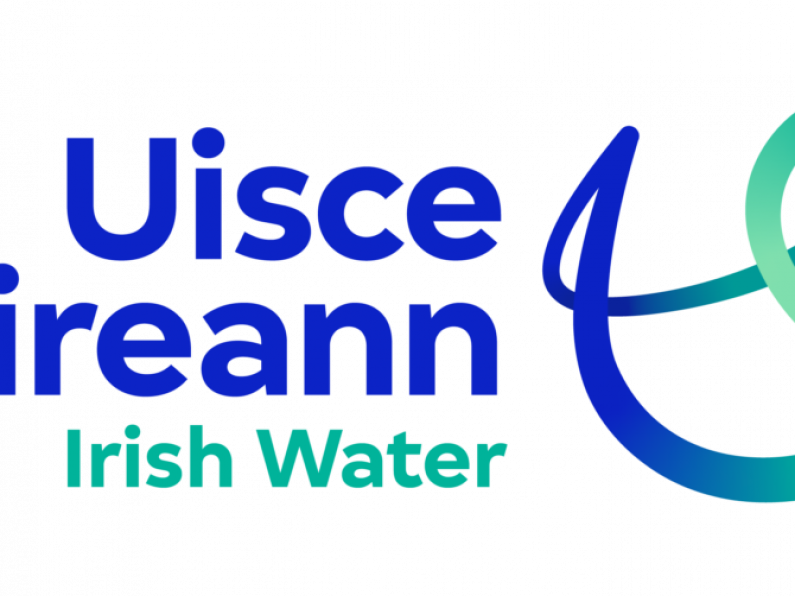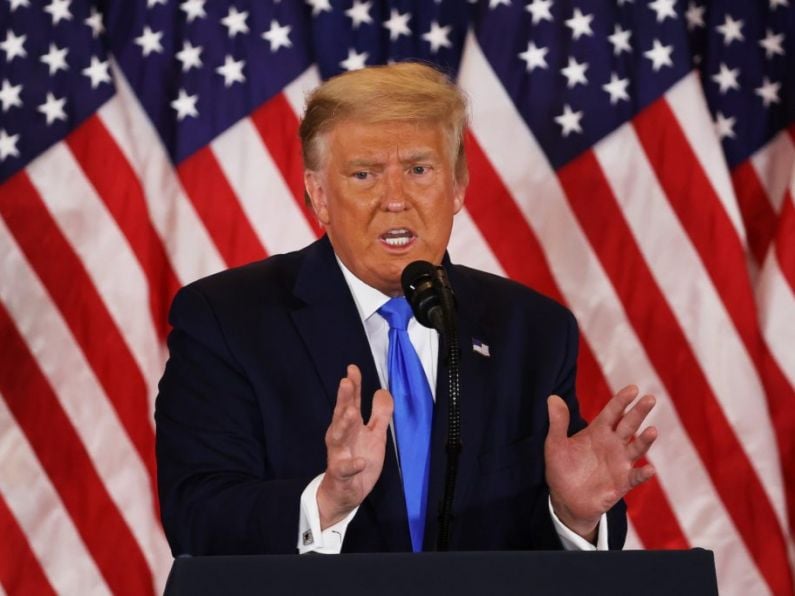
By David Young, PA
Arlene Foster’s position as DUP leader appears under threat after an internal party push against the North's First Minister.
It is understood a significant number of elected representatives have signed a letter of no confidence in Mrs Foster that has been circulated among party MLAs, MPs and peers.
Earlier on Tuesday, Mrs Foster attempted to downplay the scale of the internal revolt, which comes amid mounting discontent among party faithful over her leadership.
“Stories on leadership come up from time to time, and it’s one of those times,” she said.
However, in an apparent indication of the escalating situation, Mrs Foster cancelled a scheduled meeting with Northern Secretary of State Brandon Lewis and deputy First Minister Michelle O’Neill on Tuesday evening.
In a statement, the DUP insisted questions over Mrs Foster’s future were an internal matter.
The party said its democratic electoral processes were for its members.
Responding to the mounting speculation around the leadership, the DUP statement said: “The Democratic Unionist Party conducts its business in accordance with its constitution and rules.
“The Officers of the Party oversee the conduct and organisation of its internal democratic electoral processes.
“Whilst understanding that there will be from time-to-time public interest in party processes, these issues, in the first instance, are matters for members of the party and we are not able to make any further comment at this time.”
There has been growing unease among DUP members about Mrs Foster’s leadership in recent months.

The primary source of concern is her handling of the Brexit process. The DUP is facing anger from the wider loyalist and unionist community for the introduction of an Irish Sea border.
Critics have accused Mrs Foster of failing to use the party’s influence at Westminster – particularly during its confidence and supply deal with the Conservatives – to secure a Brexit deal that saw Northern Ireland leave the EU on the same terms as the rest of the UK.
She has also been accused of not being vociferous enough in opposition to the Northern Ireland Protocol, which governs the new Brexit trading barriers between the North and Britain, ahead of its introduction at the start of 2021.
Poor recent polling numbers have exacerbated the discontent within the party faithful, who are mindful of next May’s looming Assembly election.
Mrs Foster’s decision to abstain in a vote on gay conversion therapy last week appears to have further agitated sections of the party’s fundamentalist grassroots.
On Tuesday morning, the Belfast NewsLetter reported that several DUP constituency associations had written letters expressing concern at Mrs Foster’s abstention on a motion that called for a ban on gay conversion therapy but did not incorporate a specific mention of protections for religious practices.

The majority of her party Assembly colleagues voted against the motion, having failed to amend it to include reference to religious protections.
Mrs Foster was among only five party members, including fellow Stormont Executive ministers Peter Weir and Diane Dodds, who abstained.
That episode points to tensions between Mrs Foster, a former Ulster Unionist, and the more traditional wing of the DUP, who perceive her as potentially too moderate on some social issues.
Mrs Foster was asked whether her leadership was in question on a visit to a youth centre in Belfast on Tuesday afternoon.
“We’ll just deal with it and move on because I’ve bigger things to do, including getting us through this Covid pandemic, including listening to the concerns of working-class communities,” she said.
“These stories come up from time to time. This is no different.
“I haven’t received any letters from constituency associations so I’m not going to get into a running commentary on these issues, they come up from time to time. I think it’s important to note that there is the big job of work to do. We have a year left of this mandate.
“It’s important that we lift our eyes and continue the work of rolling out of the restrictions, deal with the Northern Ireland Protocol.”













